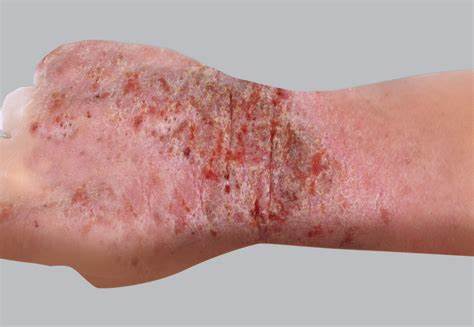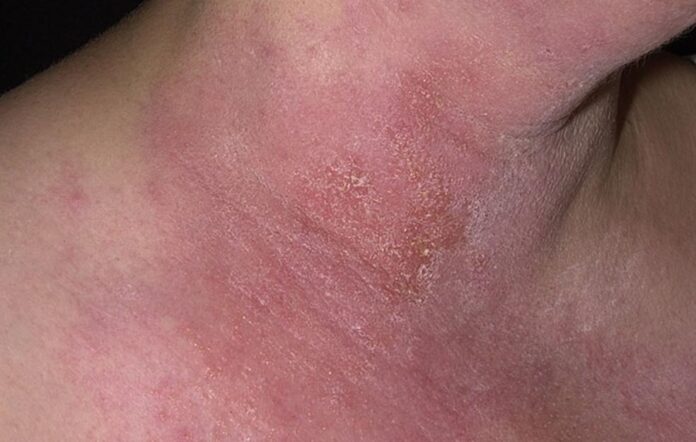New Zealand lags a decade behind in the recommended treatment for eczema, a chronic inflammatory skin condition affecting 6 percent of the population.
New types of medication, such as JAK inhibitors and biologics, regulate the body’s immune response. Some severe eczema patients are spending thousands of dollars on new-generation treatments, while many of the worst-affected individuals are not able to access them.

A man in his mid-20s who suffers from eczema shared that taking the JAK inhibitor upadacitinib (branded as Rinvoq) four months ago has drastically improved his life.
He currently pays $190 for a three-month supply in addition to what his insurer covers. JAK inhibitors and biologics can cost over $30,000 annually depending on the brand and concentration.

Geraldine MacGibbon, the director of pharmaceuticals, mentioned that Pharmac’s funding priorities change based on various factors such as health benefits, negotiation success with suppliers, new clinical data, and the volume of funding applications on its priority lists.
While Dupilumab has been funded in Australia since 2021 and upadacitinib since 2022, Wellington dermatologist Michael Sawchuck encounters five to eight patients weekly for whom he would prescribe these drugs if they were funded.
However, he has faced challenges with Pharmac in obtaining Dupilumab, which would have been appropriate in his patient’s case. The process took six months.
Dr. Scott Barker, the incoming president of the Dermatological Society, mentioned that New Zealand is more than 10 years behind in the recommended treatment of eczema.
However, with improved funding and support, this situation can change. Currently, there are only 22 full-time dermatologists in the public health system, which equates to about one specialist per 280,000 people.
Two years ago, an internal Health Ministry report stated that services were “untenable” due to workforce shortages and that improving them was “urgent.” With the right resources, we can bridge this gap and provide better care for those affected by eczema.

















